“THE HOUSES TREMBLE WITH BROKEN PROMISES”: ICELANDIC INTELLECTUALS’ DISILLUSIONMENT WITH THE SOVIET UNION IN THE 1950S AND 60S
Year:
2024
Pages:
89-123
DOI:
10.33112/saga.61.2.2
Keywords:
During the Cold War, US officials and the anti-communist Western intelligentsia widely believed that intellectuals who were disillusioned with communism but still faithful to the ideals of socialism (the non-Communist Left) were the most trustworthy advocates in the fight against the allure of the Soviet Union (USSR). This strategy gained a platform in 1950 through the international organisation Congress for Cultural Freedom (CCF),
formed by private individuals with the support of the CIA. The CCF proclaimed that democracy was a prerequisite for cultural and intellectual freedom, and they promoted their cause in journals, conferences, seminars, and art festivals. An important part of the organisation’s discourse were the testimonies of intellectuals from
the non-Communist Left about their disappointment with the failure of the Communist ideal. The CCF had permanent headquarters in Paris, but during its heyday, 35 regional offices were operated in various countries, including Iceland. The Icelandic office, called Frjáls menning, worked closely with the publishing house Almenna bókafélagið (AB) and had access to various print mediums, including journals and the conservative newspaper Morgunblaðið.
This paper focuses on three Icelandic intellectuals who, in their own right, had all been important for the Communist Left in Iceland but stepped forward in the 1950s to openly criticise the USSR in forums associated with the CCF. Antonio Gramsci’s concept of hegemony and George Konrád and Ivan Szelényi’s analyses of the intelligentsia are applied concurrently: firstly, to cast light on how intellectuals present their knowledge to legitimise aspirations to status and power, and secondly, to demonstrate how the ruling class establishes hegemony by absorbing intellectuals into its own ranks.
The three Icelandic intellectuals in question are chosen because of their different cultural and societal roles and statuses, which are further defined in terms of patronage. The first is theologian Sigurbjörn Einarsson, who was a professor at the University of Iceland and later a bishop. Although he is well known for his opposition to the American military base in Iceland, his sharp critique of Marxism and the authorities in the USSR has been downplayed in discussions about his political involvement. The second intellectual, poet Jón Óskar, was on the editorial board of the journal Birtingur, a courier of modernism in Icelandic culture. A devoted socialist, Jón Óskar expressed doubt and disappointment with communism and the USSR in poems and a travelogue published by AB. The third intellectual is Arnór Hannibalsson, who studied philosophy and psychology in the USSR but became a harsh critic of the authorities there after he returned to Iceland.

